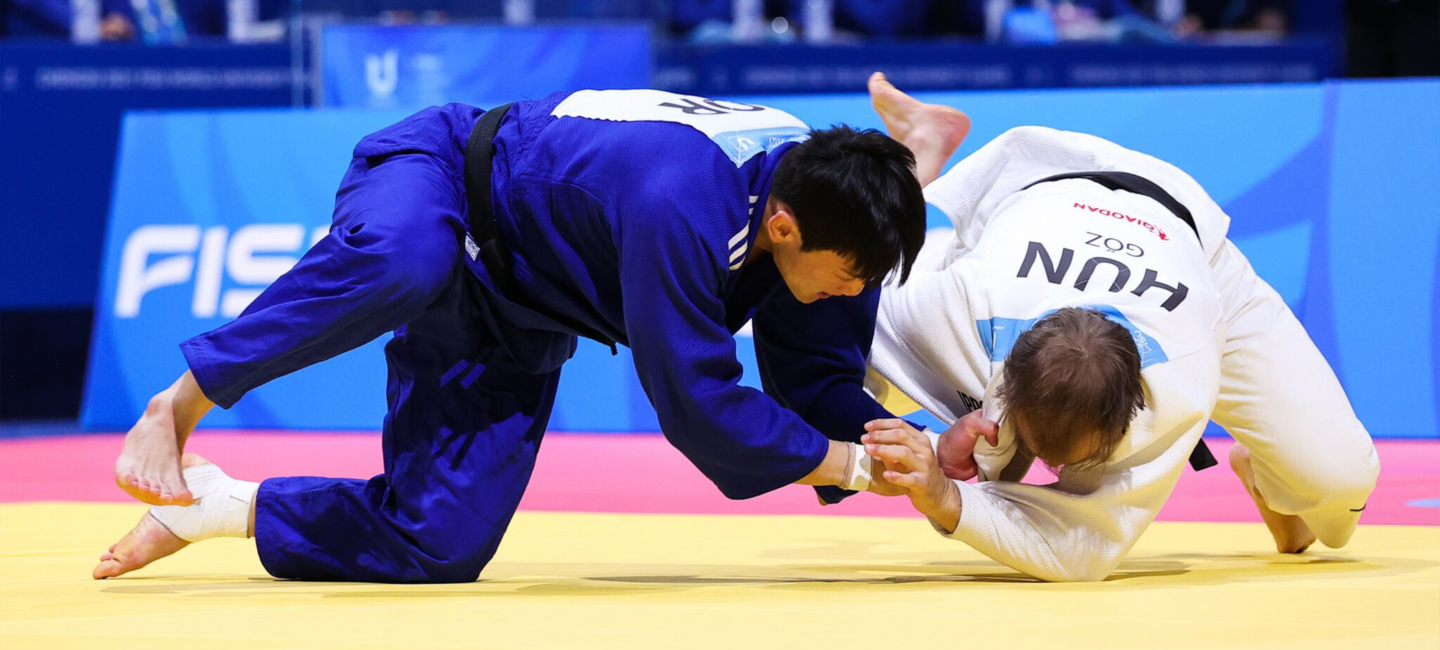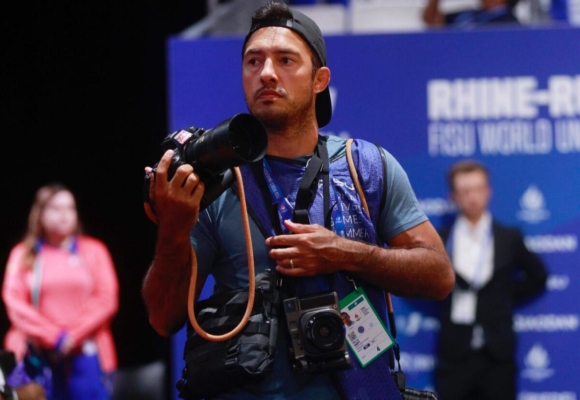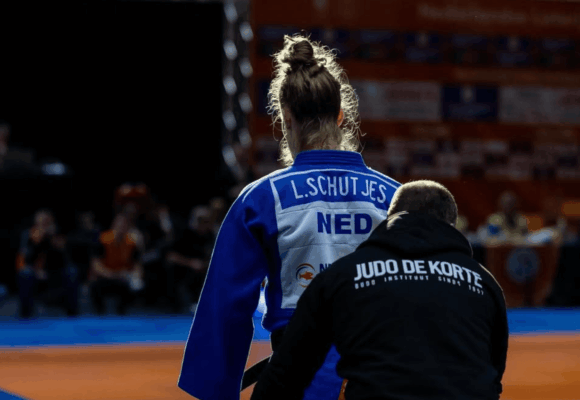Judo has always been intimately linked to the university world. After a brilliant career in the World University Championship programme, Judo was introduced in the Universiade programme in 2007 (Bangkok). It’s evolution in terms of participation level is still amazing and this is also true in terms of quality.
News
All newsEvents
FISU Technical Committee Chairs
 rus
rus
Resources
History of Judo in FISU
Judo has always been intimately linked to the university world. The sport in fact developed within the universities of Japan before being sown throughout the world, thanks to the pioneering professors who emigrated to every continent and particularly to Europe. So it is not surprising that judo saw its first European Championship in Beauvallo, France, only to turn after two further editions into a World University Championship as of 1966 in Prague. In 1984 university judo was opened to women. From there on, judo rapidly took off, constantly increasing in size and importance.
Judo was presented as an optional sport at the 1967 Summer Universiade in Tokyo, 1985 in Kobe and 1995 in Fukuoka and turned into a compulsory sport as from the Bangkok Universiade in 2007. The FISU judo championships are second in the world in terms of the numbers of participants and are singular in that they also include a team tournament – something particularly appreciated around the world.
If judo’s evolution in terms of participation level is positive, this is also true in terms of quality. FISU championships have become major events in the judo world calendar, enabling athletes to prepare for IJF Championships or the Olympic Games. During the past 40 years almost two hundred World or Olympic champions participated in FISU championships: Japan’s Sonoda, Shinomaki or Russia’s Chochochvili are just few of them to be mentioned. Thanks to a close cooperation with the International Judo Federation, excellent results as well as a high number of participating countries, judo continues to take an important role within the FISU sports programme.






